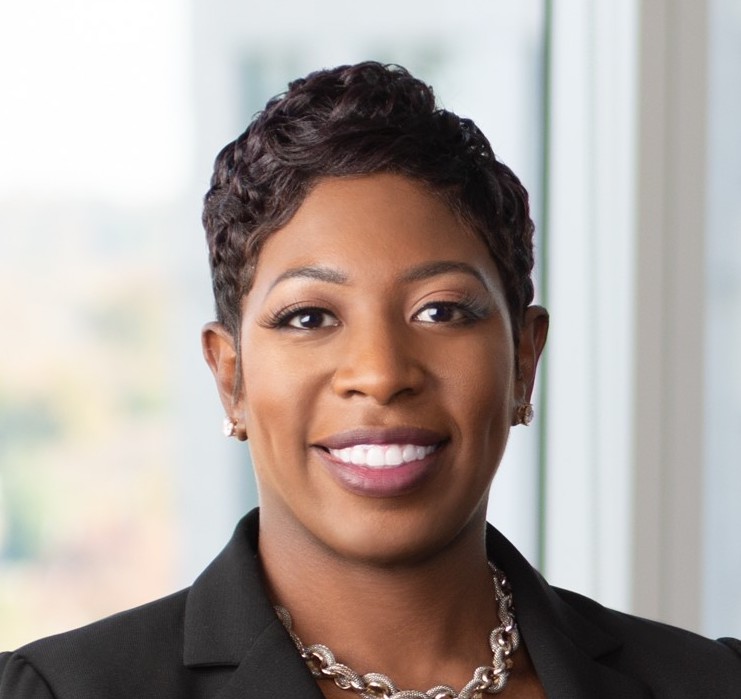In a perfect storm of ill-timing, the Department of Education’s revamped Title IX regulations, which now exclude jurisdiction of off-campus activity, went into effect just as COVID-19 forced much of higher-education operations off-campus and into remote learning. The new regulations also eliminate jurisdiction over study abroad programs by specifying that only conduct occurring within the United States falls within Title IX. These significant changes seem to reduce Title IX protections for students who venture outside the physical confines of their campuses. But the question administrators and students are asking is whether the new regulation actually endangers students. The answer is surprising.

As soon as the regulation went into effect in mid-August, students took to social media to voice their opposition, particularly to the issue of jurisdiction if misconduct occurs in a student’s off-campus housing. Likewise, although many study abroad programs have been postponed due to the pandemic, students and administrators are also concerned about the Department’s specific exclusion of study abroad programs in the regulation’s new language that Title IX applies only within the United States. With so many students now living off-campus and studying remotely it would be understandable to fear that the new restrictions on Title IX may eviscerate the campus sexual assault prohibitions altogether.
However, a closer review of the newly released regulations reveals that they confer broader jurisdiction through Title IX than the newly restrictive language seems to imply.
For starters, the definition of “off-campus” is not simply controlled by physical location but by the school’s control over the activity as well as whether the school owns the physical property where the conduct occurs. Sections 106.30 and 106.45 define “education program or activity” as including locations, events or circumstances over which the school exercises substantial control, in order to trigger Title IX protection.
For example, sexual misconduct occurring in off-campus housing such as fraternity or sorority houses will qualify for Title IX jurisdiction if the houses are officially controlled by the student organizations. Events such as Greek-life parties, as long as aligned to a student organization, will still arguably be within Title IX even when held at an off-campus venue. Similarly, misconduct occurring during a remote learning class conducted via Zoom falls within the new Title IX regulations.
The location alone will not eliminate the ability to enforce policies about misconduct. Colleges and universities retain their power to protect students through good old-fashioned conduct code procedures combined with the skills and expertise learned through nearly a decade of progressive survivor-oriented practices. In other words, the new regulations do not prevent colleges and universities from addressing the very same conduct governed by Title IX through non-Title IX rules of conduct. Sexual harassment, sexual exploitation and sexual assault can all still be investigated and sanctioned as student code violations whether or not the particular conduct falls within the school’s Title IX processes. Put another way, the Department’s limiting of Title IX jurisdiction does nothing to transform prohibited conduct into condoned conduct. An assault is and always will be an assault.
Colleges and universities can ensure that prohibited conduct remains prohibited by reviewing and updating their non-Title IX student conduct code procedures to mirror the violations listed in their Title IX procedures. Nothing prevents a school’s non-Title IX student conduct code from also mirroring the Title IX processes in conducting investigations, adjudications and sanctioning of non-Title IX violations. All of the hard-earned knowledge and expertise that have come to reside within the Title IX equity offices can be used just as broadly as before for the support of survivors. Interim measures such as no-contact orders and re-arranging extra-curricular activities and class schedules to protect survivors can still be utilized. If colleges and universities modify their non-Title IX policies and processes, then the new restrictions in Title IX jurisdiction will not result in less protection for their students.

Indeed, we may even see survivor advocacy groups take the position that a complainant should have the freedom to choose proceeding under non-Title IX procedures so as to avoid the stress of the new live-hearing and cross-examination requirements in the newly enacted Title IX regulation. Such a true two-track process would likely bring legal challenges from advocates for respondents, who would insist that Title IX is the only method by which schools can enforce alleged violations of sexual misconduct. It remains to be seen if these issues will emerge as new areas of controversy in an already contentious and divisive set of regulations.
Shanlon Wu is a partner in the Title IX Group at Cohen Seglias and chair of the firm’s White Collar Defense & Government Investigations and Student Defense Groups. He represents clients in higher education, criminal and white-collar matters. He can be reached at [email protected] or 202-587-4745. Brionna L. Denby is an associate at Cohen Seglias. As a member of the firm’s Title IX, Government Law & Regulatory Affairs, and Internal Investigations, Groups, she counsels corporations, educational institutions, nonprofit groups and other entities that are faced with allegations of wrongdoing. Denby can be reached at [email protected] or 302-462-3604.





